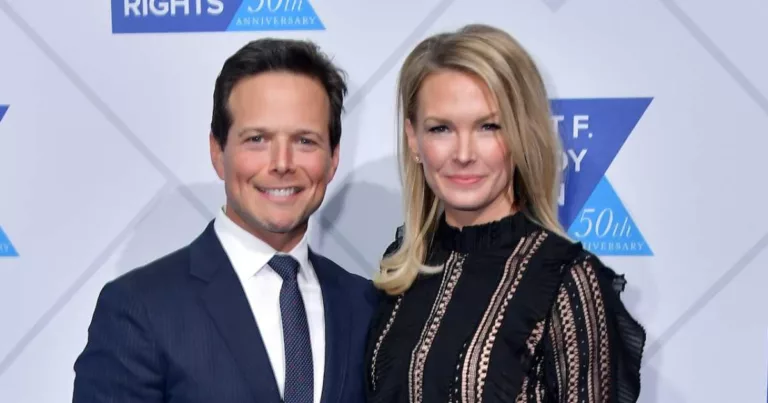Kanye West Documentary Sparks Backlash Over Charlie Kirk Cameo
A new documentary titled *In Whose Name?* spotlighting Kanye West has stirred significant controversy, primarily due to its unsettling portrayal of West’s mental health struggles and an unexpected cameo by the late Charlie Kirk. Released last week, the film has quickly become a topic of heated debate among fans, critics, and the public alike.
Kirk, the former executive director of Turning Point USA, was tragically shot and killed during a speaking engagement at Utah Valley University on September 10, 2024. His sudden death has injected a deeper layer of sensitivity into the already contentious film, which was directed by Nico Ballestros over a period spanning from 2019 to 2024. The inclusion of Kirk in the documentary has led to intense backlash from his family, who argue that the filmmakers are exploiting his memory for sensationalism and attention.
In a specific scene that has attracted the ire of critics, West is shown having a discussion with Kirk and fellow right-wing commentator Candace Owens. While Kirk remains mostly silent throughout this interaction, the implications of his appearance raise questions about the ethics of using footage featuring a deceased individual, particularly in such a charged context.
Sources close to Kirk’s family have spoken out, expressing their outrage over the decision to feature him in this way. An insider told Radar Online, “Charlie is gone, and to drag him into Kanye’s world of controversies like this is shameless. They feel the filmmakers are exploiting his memory for headlines.” The family argues that the meeting between Kirk and West was private and unrelated to the controversies surrounding the rapper, and they believe his name should not be associated with West’s polarizing image.
In defense of his creative choices, director Nico Ballestros has reiterated his commitment to the film’s narrative. He began documenting Kanye’s life at just 19 years old and has faced backlash suggesting that *In Whose Name?* is exploitative. Ballestros has countered these claims by stating, “I didn’t make this to tell a story of descent or unraveling. I made it to tell a beautiful, deep story of an American figure.” He believes the film serves as a deeper exploration beneath the headlined moments of West’s life, aiming to create a “Rorschach test” for viewers.
The controversy surrounding Kirk’s cameo is particularly striking given that he had consented to be featured in the film while he was alive. However, the tragic nature of his death could understandably alter perceptions among viewers and his loved ones. The fact that he is now linked to Kanye West, a figure who has recently made headlines for vastly controversial statements—including a self-identification with Nazi ideologies—compounds the family’s discomfort.
As the documentary has already been released, changes to its content are unlikely. The film’s release comes at a time when public sentiment toward celebrities, especially those embroiled in controversy, is increasingly scrutinized. Social media reactions have been polarized, with some viewers expressing curiosity about the film and others condemning it as cruel and insensitive.
This incident raises broader questions about the ethics of filmmaking in the context of trauma and loss—particularly concerning public figures. It also highlights the impact of celebrity culture on the families of those who have passed away, especially when their memories are leveraged for entertainment purposes.
Given the polarized reactions and the ongoing debates about media portrayal, it remains to be seen how the controversy surrounding *In Whose Name?* will affect West’s standing in Hollywood, especially during awards season. The backlash over Kirk’s cameo could have implications for West’s public perception, potentially hindering his chances for accolades as audiences grapple with the ethical implications of this film.
In conclusion, the intersection of celebrity and controversy continues to evoke strong emotions and discussions in pop culture. As fans and critics navigate the complexities of figures like Kanye West and the implications of involving deceased individuals like Charlie Kirk, the conversation around the ethical responsibilities of filmmakers in the wake of personal trauma remains more relevant than ever.





